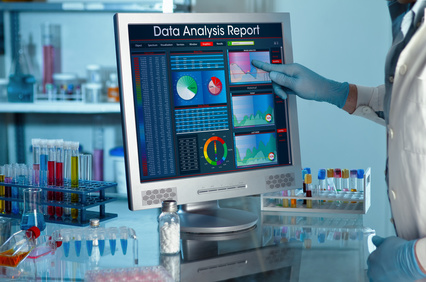7 Million Pounds funding to speed up new alloy development.
by David Fleschen

A new "virtual factory", including a £7 funding, shall introduce a new method of testing alloys, which will be 100 times faster than current methods. This eventually will help new products to reach the market more quickly. The new "virtual factory", is designed by a so called Prosperity Partnerschip, led by Swansea University and involving WMG at the University of Warwick,
This Prosperity Partnership will implement a Rapid Alloy Prototyping (RAP) process. Rapid Alloy Prototyping effectively means that much of the testing can be carried out in research labs and imaging suites - a virtual factory - rather than in an actual steel plant.
The difference this new approach will make is enormous: 100 samples can be tested in the time it currently takes to test one. Samples can be as tiny as only a few grams, whereas current testint can require up to 900 tonnes of material, up to 98 % of which has to be remade indo new steel products at a cost to the business.
In overall terms, the new method means that newer an better steel products can be made ready for customers far more quickly.
New steels are needed for more fuel efficient cars, plastic free packaging, energy positive buildings and many other applications. This will allow users of steel to drive innovation with market need.
Steel is the most widely used structural material in the world. It is at the heart of major manufacturing sectors such as the car industry, construction, packaging and defence. It is indispensable for national infrastructure such as transport, communications and energy, and for high-tech 21st century industries, from energy-positive buildings to wind turbines and electric vehicles.
In the modern steel industry innovation is crucial to keep pace with changing technologies and customer requirements. The problem, however, is that developing new steel alloys can currently be a very slow process, with lots of different stages. It requires expensive trials on hundreds of tonnes of material, much of which has to be remade into new steel products.
This new approach is only possible because of the involvement of all three organisations in the project, and support from the EPSRC through their Prosperity Partnership initiative. Working together they can offer the combination of expertise, equipment and knowledge of the market which can make the project a success.
"This project provides an exciting opportunity to accelerate the translation of innovative steel chemistry and process improvements into the steel industry. We'll be able to explore the opportunities for increasing steel scrap levels in new steel production, contributing to the circular economy in the UK", commented professor Claire Davis of Warwick University.
Source: Warwick University, photo: fotoalia

